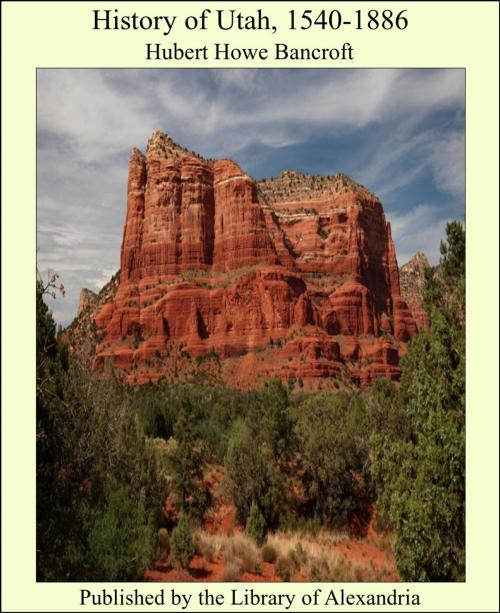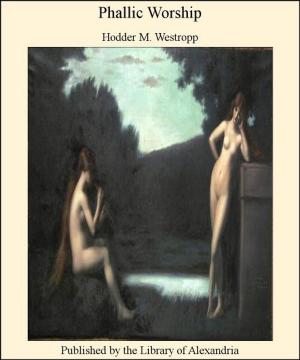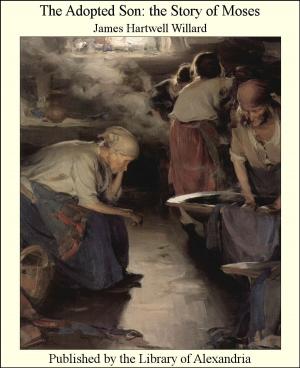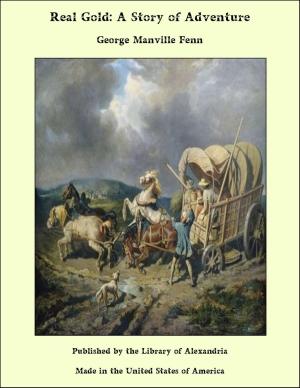History of Utah, 1540-1886
Nonfiction, Religion & Spirituality, New Age, History, Fiction & Literature| Author: | Hubert Howe Bancroft | ISBN: | 9781465535993 |
| Publisher: | Library of Alexandria | Publication: | March 8, 2015 |
| Imprint: | Language: | English |
| Author: | Hubert Howe Bancroft |
| ISBN: | 9781465535993 |
| Publisher: | Library of Alexandria |
| Publication: | March 8, 2015 |
| Imprint: | |
| Language: | English |
In the history of Utah we come upon a new series of social phenomena, whose multiformity and unconventionality awaken the liveliest interest. We find ourselves at once outside the beaten track of conquest for gold and glory; of wholesale robberies and human slaughters for the love of Christ; of encomiendas, repartimientos, serfdoms, or Other species of civilized imposition; of missionary invasion resulting in certain death to the aborigines, but in broad acres and well filled storehouses for the men of practical piety; of emigration for rich and cheap lands, or for colonization and empire alone; nor have we here a hurried scramble for wealth, or a corporation for the management of a game preserve. There is the charm of novelty about the present subject, if no Other; for in our analyses of human progress we never tire of watching the behavior of various elements under various conditions. There is only one example in the annals of America of the organization of a commonwealth upon principles of pure theocracy. There is here one example only where the founding of a state grew out of the founding of a new religion. Other instances there have been of the occupation of wild tracts on this continent by people flying before persecution, or desirous [p. vi] of greater religious liberty; there were the quakers, the huguenots, and the pilgrim fathers, though their spiritual interests were so soon subordinated to political necessities; religion has often played a conspicuous part in the settlement of the New World, and there has at times been present in some degree the theocratic, if not indeed the hierarchal, idea; but it has been long since the world, the old continent or the new, has witnessed anything like a new religion successfully established and set in prosperous running order upon the fullest and combined principles of theocracy, hierarchy, and patriarchy. With this new series of phenomena, a new series of difficulties arises in attempting their elucidation: not alone the perplexities always attending unexplored fields, but formidable embarrassments which render the task at once delicate and dangerous
In the history of Utah we come upon a new series of social phenomena, whose multiformity and unconventionality awaken the liveliest interest. We find ourselves at once outside the beaten track of conquest for gold and glory; of wholesale robberies and human slaughters for the love of Christ; of encomiendas, repartimientos, serfdoms, or Other species of civilized imposition; of missionary invasion resulting in certain death to the aborigines, but in broad acres and well filled storehouses for the men of practical piety; of emigration for rich and cheap lands, or for colonization and empire alone; nor have we here a hurried scramble for wealth, or a corporation for the management of a game preserve. There is the charm of novelty about the present subject, if no Other; for in our analyses of human progress we never tire of watching the behavior of various elements under various conditions. There is only one example in the annals of America of the organization of a commonwealth upon principles of pure theocracy. There is here one example only where the founding of a state grew out of the founding of a new religion. Other instances there have been of the occupation of wild tracts on this continent by people flying before persecution, or desirous [p. vi] of greater religious liberty; there were the quakers, the huguenots, and the pilgrim fathers, though their spiritual interests were so soon subordinated to political necessities; religion has often played a conspicuous part in the settlement of the New World, and there has at times been present in some degree the theocratic, if not indeed the hierarchal, idea; but it has been long since the world, the old continent or the new, has witnessed anything like a new religion successfully established and set in prosperous running order upon the fullest and combined principles of theocracy, hierarchy, and patriarchy. With this new series of phenomena, a new series of difficulties arises in attempting their elucidation: not alone the perplexities always attending unexplored fields, but formidable embarrassments which render the task at once delicate and dangerous















